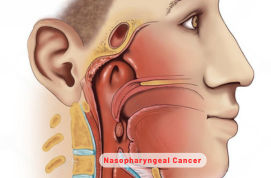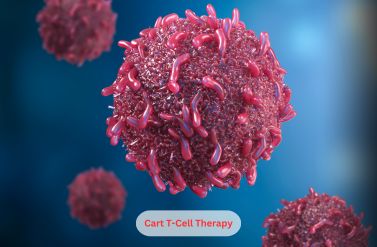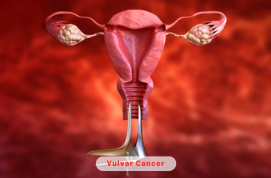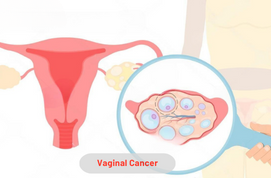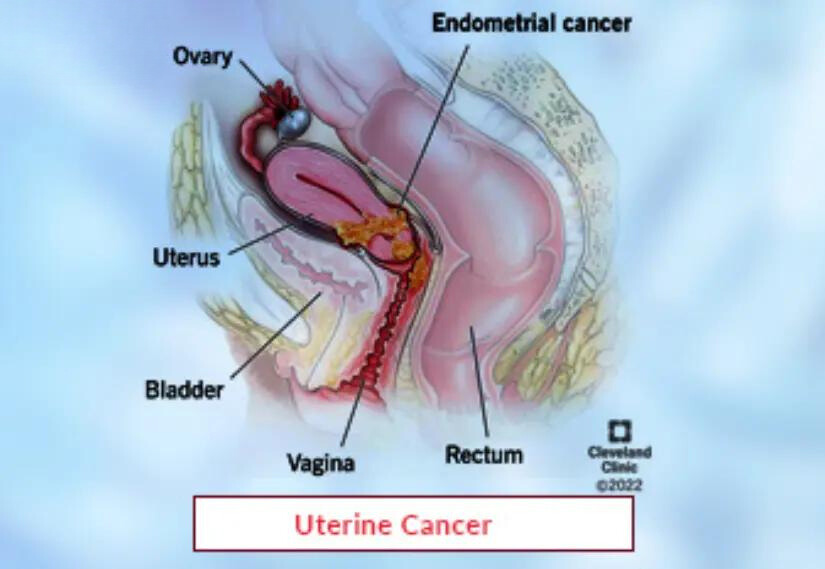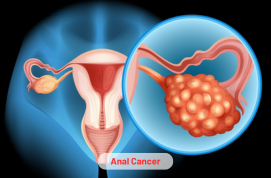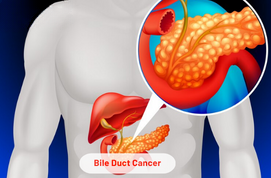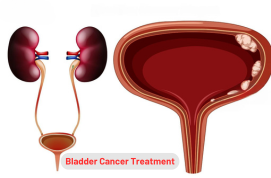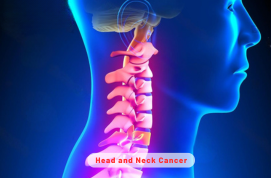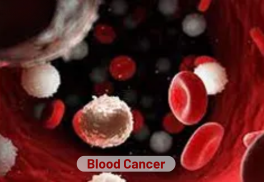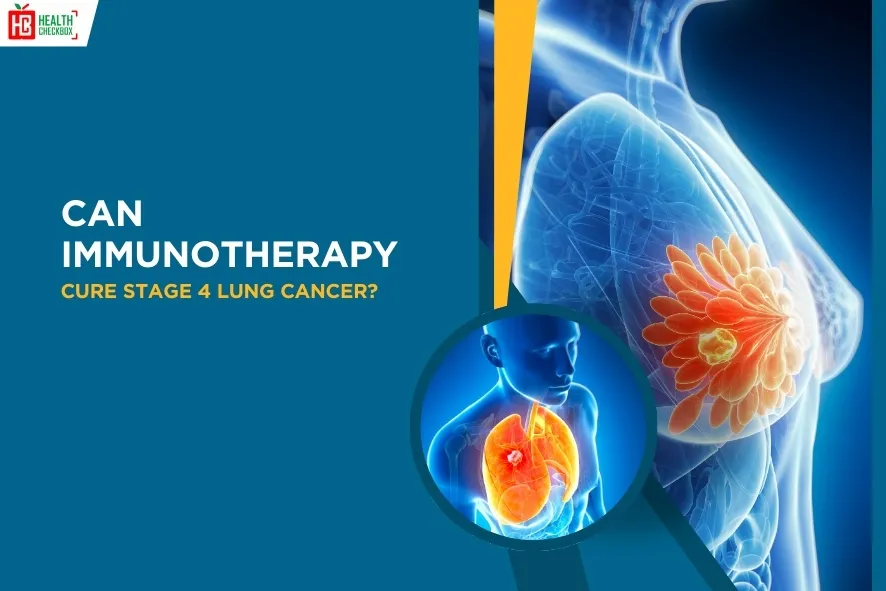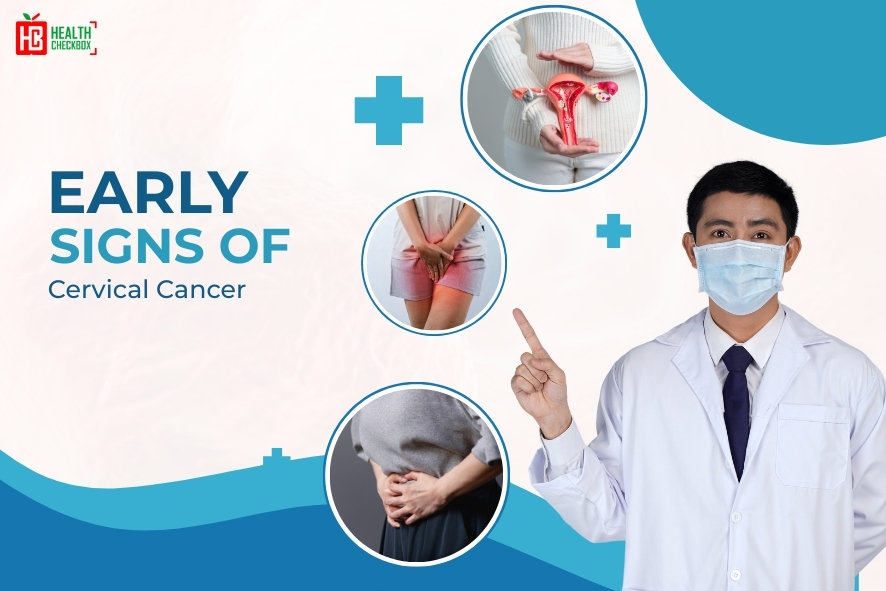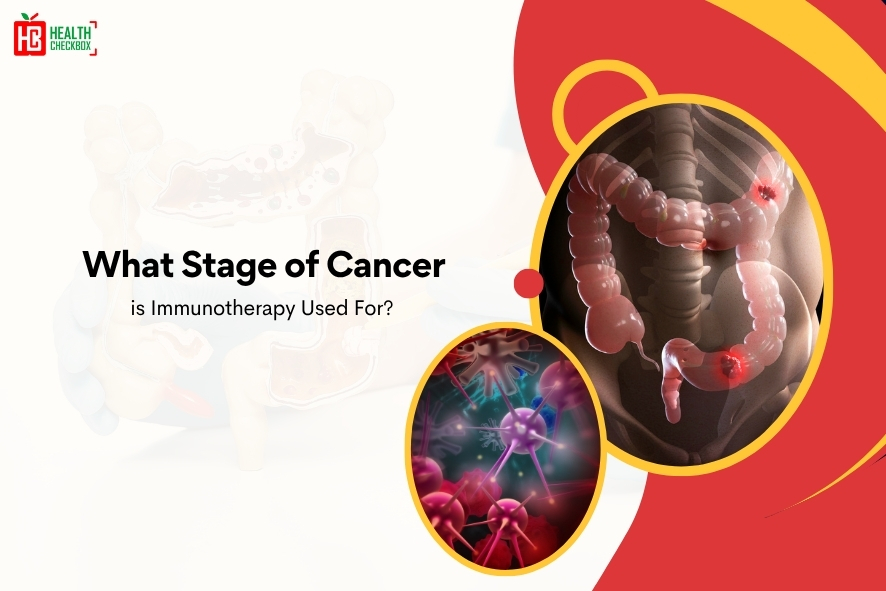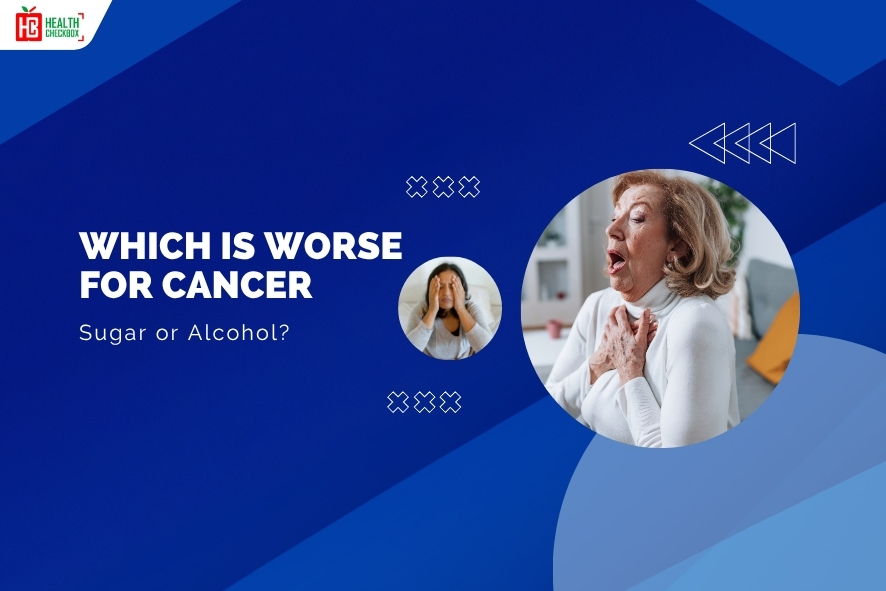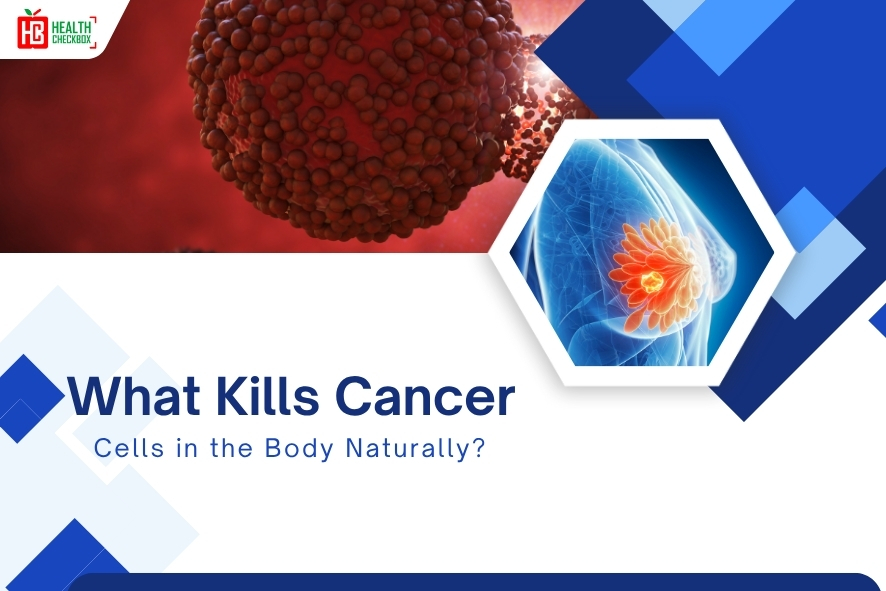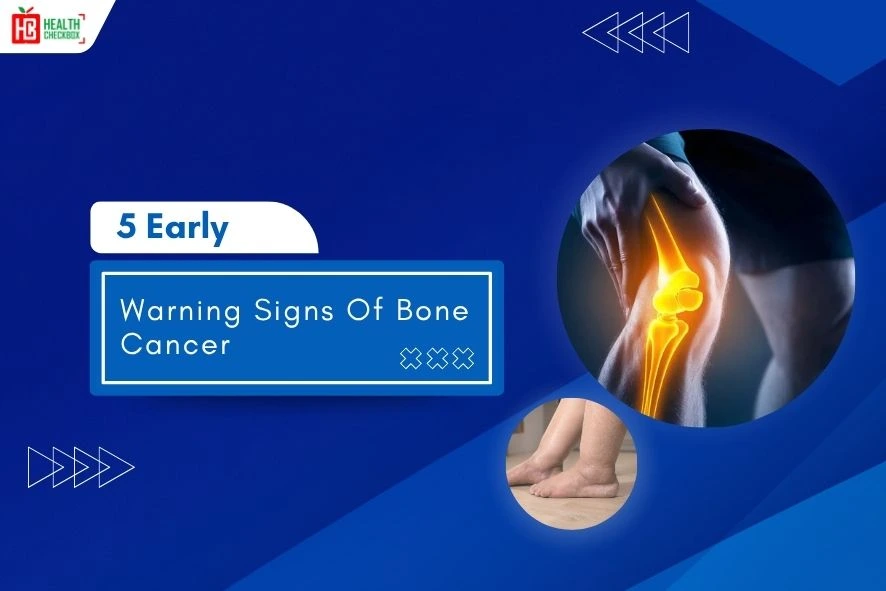A rare cancer that develops in the nasopharynx is termed nasopharyngeal cancer. If this condition develops in the initial stages, then it can be difficult to trace it. This is due to the fact that nasopharynx is difficult to look into. Also, the symptoms of this tumor are similar to those of more common disorders. Some tumors are noncancerous, but the majority are malignant and can spread to other parts of the body. Indications include continual nasal congestion, nosebleeds, hearing loss, and a big mass or lump in the neck. To stop these types of problems, avail the nasopharyngeal cancer treatment in the initial stage.
Types of Nasopharyngeal Cancer
- Keratinizing Squamous Cell Carcinoma: Malignant tumor cells in the nasopharynx lining tissue that are coated with keratin, a protein found in hair and nails.
- Nonkeratinizing Differentiated Carcinoma: Cancer cells in tissues of the nasopharynx that are not coated by keratin.
- Undifferentiated Carcinoma: Cancer cells that are quite different from the cells that are healthy when examined under a microscope.
Causes of Nasopharyngeal Cancer
- Sex: In comparison to women, men are more likely to develop this condition.
- Age: This type of cancer can show up in women, men, and the elderly, but it is more common in adults aged between 30 and 50.
- Brine-Cured Foods: The cooking of salt-cured items, like fish and preserved vegetables, releases chemicals into the steam that pass into the nasal canal and increase the hazards of this ill-health.
- Race: More people in parts of China, Southeast Asia, and northern Africa are affected by this type of cancer. Asian immigrants in the US are more likely than Asian Americans to get this kind of cancer. The Inuit people, natives of Alaska, are also very susceptible to this condition.
- Epstein: Barr virus is also known to inflict a number of uncommon diseases, including nasopharyngeal carcinoma. This common virus results in mild symptoms and signs, such as a cold or flu.
- Alcohol and Tobacco: Regular intake of tobacco and heavy drinking of alcoholic beverages can also increase your likelihood of nasopharyngeal carcinoma.
- Family History: If a person in the family is infected with this cancer, this again increases the risk of other members being infected.
Symptoms of Nasopharyngeal Cancer
- Bloody discharge from your nose
- Blood in your saliva
- A lump or swelling in your neck caused by a swollen lymph node
- Nasal congestion or ringing in your ears
- Ear infections can be frequent
- Loss in Hearing
- Sore throat
- Headaches
Complications that Occur with Nasopharyngeal Cancer
- Radiation Necrosis:
- Hearing loss
- Osteoradionecrosis
- Surgery Related:
- Blood clots
- Bleeding
- Complications from anesthesia and pneumonia.
Most patients with this adverse condition have regional lymph node metastases. This is a sign that indicates cancer cells from the primary tumor have spread to adjacent sites, such as lymph nodes in the neck.
Nasopharyngeal Cancer Treatment Options
The nasopharyngeal cancer treatment depends on the type or stage of cancer, as well as the health of the individual.
Non-surgical treatments can include:
- Radiation Therapy: Mainly carried out when the cancer is in the initial stage.
- Chemotherapy: Used in sequence with radiation, ie, as a sensitizer for radiation therapy. As a word of precaution, this treatment is never recommended alone.
Surgical treatments can include:
- Endoscopic Surgery: Microscopic direct laryngoscopy and laser microsurgery can be performed on nasopharyngeal cancer while avoiding direct radiation. One of the major advantages of this surgery is that it can be performed multiple times.
- TransOral Robotic Surgery:
- TORS is the world’s first known minimally invasive robotic surgery procedure, permitting doctors to remove benign and malignant tumors in the mouth and throat. Bert W. O’Malley, Jr., MD, and Gregory S. Weinstein, MD, founded and developed TORS at Penn Medicine as pioneers.
- TORS has numerous benefits for patients, including:
- Hospitalization time is reduced.
- Normal activities can be carried out soon.
- Reduced chance of long-term swallowing issues (often found with chemo-radiation or traditional open surgery).
- Fewer problems than typical open surgery.
- Less scarring compared to standard open surgery.
- Lower chance of infection.
- Blood transfusion is lower compared to open surgery.
When a Doctor Visit is Required?
- The symptoms that develop in the initial stages may not always require you to consult a doctor.
- In case any unexpected or continual changes are noticed in your body that do not appear to be normal, such as significant nasal congestion, you should consult your doctor soon.
Can this Cancer be Prevented?
Although there is no positive method that can fully cure this illness, there are ways to reduce this condition before it spreads further. If you are concerned about the risks of developing this abnormal condition, you may want to give up habits that have been linked to the condition.
Latest Health Tips
Can Immunotherapy Cure Stage 4 Lung Cancer?
Early Signs of Cervical Cancer
Foods that Kill Cancer: Leafy Vegetables, Grains, & More
What Stage of Cancer is Immunotherapy Used For?
Which is Worse for Cancer, Sugar or Alcohol?
Vaccines That Prevent Cancer
What Kills Cancer Cells in the Body Naturally?
Early Warning Signs of Bone Cancer
Submit Your Enquiry
Testimonials








